Hydration for healthy aging is crucial for seniors. As we age, keeping enough water in our system becomes a challenge. This article explains why older adults need to focus on hydration. Drinking enough water supports brain function, physical health, heart health, and kidney efficiency.
Proper hydration is vital. It helps seniors maintain energy and enjoy a vibrant life. We’ll cover how much water you should drink each day and why it matters. Let’s explore how hydration impacts healthy aging and what you can do to stay on top of it.
Contents
Prefer to listen rather than read?
The Importance of Hydration for Healthy Aging
Hydration for healthy aging is your ally, especially in your senior years. Your body retains less water as you grow older, often leaving you unaware of dehydration until it’s too late. This lack of hydration can impact everything from your body temperature to joint mobility and even waste removal.

As seniors, our kidneys also begin to lag, emphasizing the need for consistent hydration. It’s crucial not just to sip on water sporadically but to ensure you’re drinking regularly throughout the day.
While eight glasses a day is a common suggestion, your actual need might change based on the weather or how active you are. Eating water rich fruits like watermelons also help. Adding these to your diet can help maintain hydration for healthy aging without the need to drink water constantly.
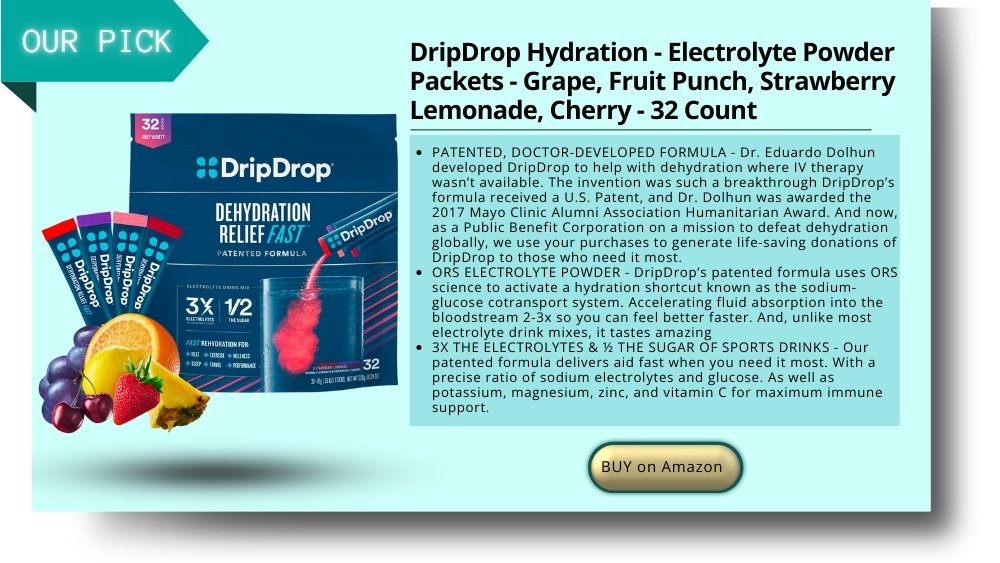
Benefits of Proper Hydration for Healthy Aging
Just as a well-watered plant flourishes and thrives, our bodies too rely on adequate hydration to support optimal functioning. Proper hydration is essential for healthy aging and is crucial for maintaining:
Cognitive Function
Ever notice how a glass of water can make you feel more clear-headed? There’s science behind that. Even a little dehydration can fuzz up your thinking. Regularly drinking water helps keep your brain agile, improving your concentration and memory. It’s like giving your brain a boost, helping you stay sharp so you can keep enjoying puzzles, books, and conversations with friends.
Studies consistently demonstrate that even mild dehydration can affect cognitive performance, attention, and memory among seniors. Hydration for healthy aging also means you can think straight at all times.
To safeguard their cognitive abilities and preserve mental acuity, it is crucial for older adults to prioritize proper hydration for healthy aging. By ensuring an adequate intake of water, seniors can provide their brains with the necessary hydration for optimal functioning.
Sustaining adequate hydration levels empowers seniors to combat cognitive decline and maintain mental sharpness, enabling them to engage in daily activities, make sound decisions, and enjoy a fulfilling life as they age.
Physical Health
Water does more than just quench your thirst—it keeps your temperature stable and your joints moving smoothly. It also helps your stomach break down food and get rid of waste. Regular hydration means less joint stiffness, smoother digestion, and more energy. Imagine feeling lighter and more agile—water can help get you there.
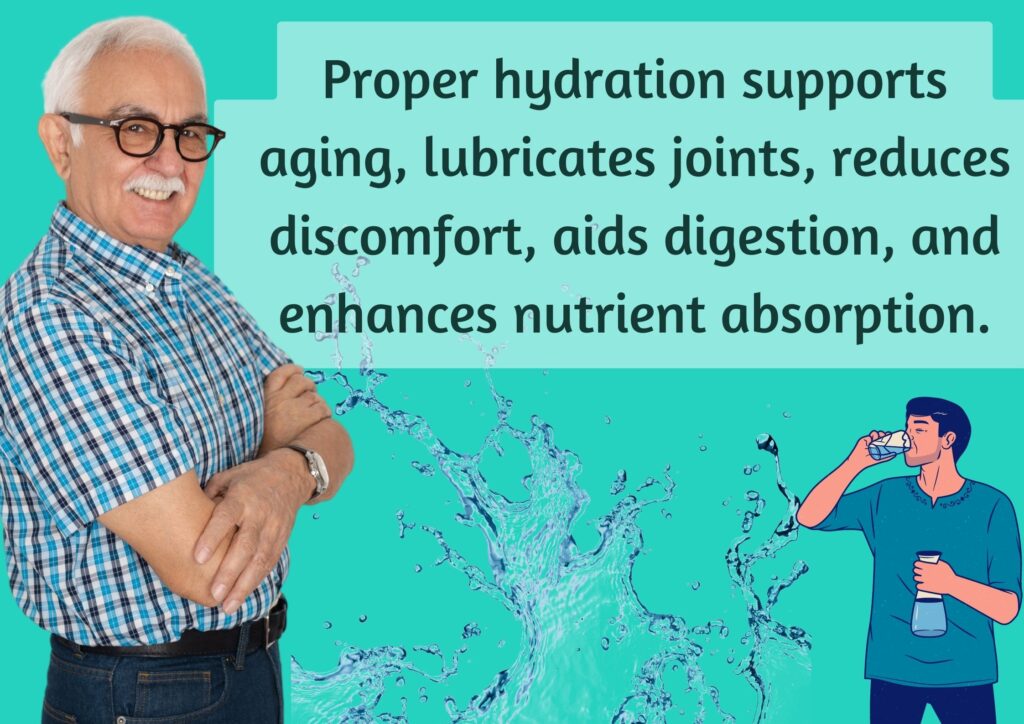
Hydration for healthy aging lets you enjoy different activities during your retirement. You also avoid nasty bowel movements after a gastric adventure.
Cardiovascular Health
Maintaining proper hydration levels is of utmost importance in supporting a healthy cardiovascular system, particularly for seniors. Water plays a vital role in transporting essential nutrients and oxygen to cells throughout the body.
Proper hydration supports healthy blood circulation, promoting optimal cardiovascular function. Prioritizing hydration can help seniors maintain heart and blood vessel health, reducing the risk of cardiovascular diseases.
Kidney Function
Proper hydration is essential for healthy aging and optimal kidney function, particularly in older adults. Aging kidneys may be less effective at retaining water, increasing the risk of dehydration. Seniors can promote kidney health by drinking enough water to aid in waste filtration and overall renal function.
Enough water consumption is crucial for supporting the kidneys’ functions by diluting urine, thereby preventing the development of concentrated substances that may cause kidney stones and other issues.
Hydration helps eliminate toxins from the body, easing the kidneys’ workload. It also supports healthy blood flow to ensure the kidneys receive enough oxygen and nutrients. This supports the kidneys’ ability to effectively filter waste and maintain the balance of electrolytes in the body.
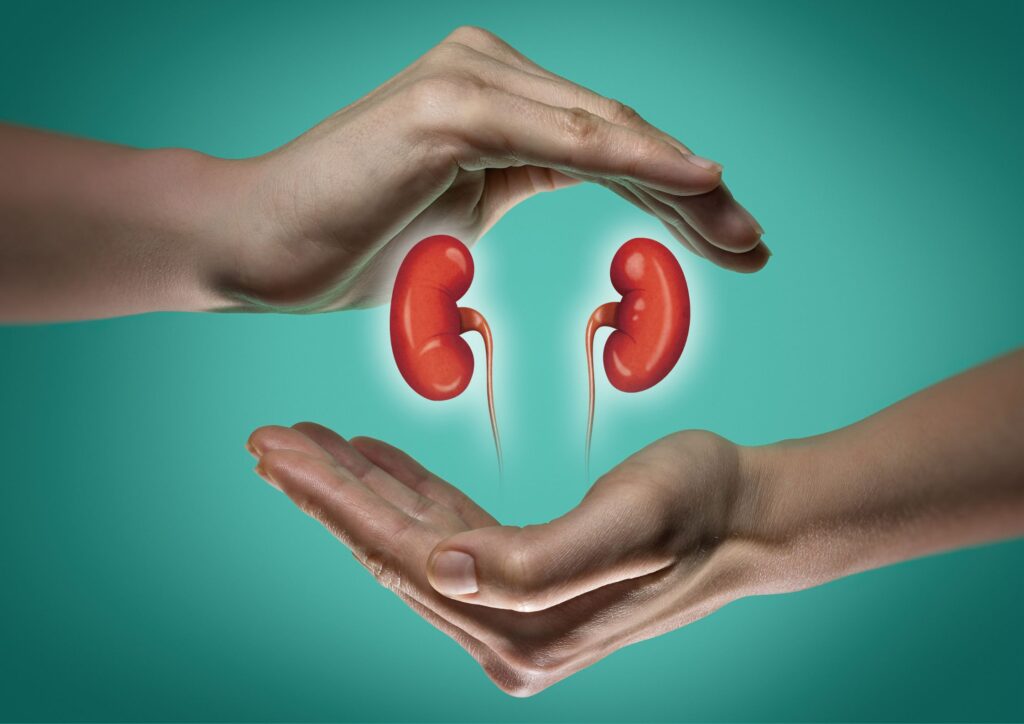
By prioritizing hydration for healthy aging, seniors can help prevent the development of kidney-related issues and promote optimal kidney function. Regular and adequate water consumption is a simple yet powerful way for older adults to support their overall renal health and well-being.
Recommended Daily Water Intake for Seniors
Determining the precise amount of water that seniors should drink daily can be a complex question, as it depends on various factors such as climate, activity level, and overall health.
General guidelines from reputable sources serve as a valuable starting point for seniors to maintain proper hydration. As per the National Academies of Sciences, Engineering, and Medicine, adults aged 65 and above should aim for the following daily water intake:
Men should aim to consume around 3.7 liters (or approximately 13 cups) of water daily, while women should aim for about 2.7 liters (or roughly 9 cups) per day.
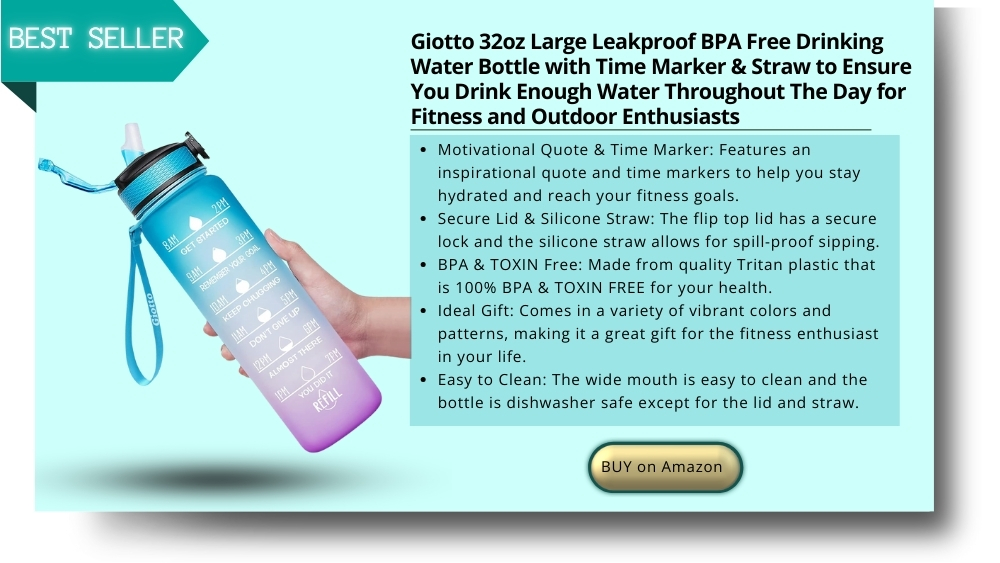
It’s important to note that this recommended intake includes fluids from all sources, including beverages like water, tea, coffee, and other liquids, as well as water content derived from food sources such as fruits and vegetables.
However, it’s essential to consider individual circumstances and adjust water intake accordingly. Factors like climate and physical activity can influence the body’s fluid needs. In hotter climates or during periods of increased physical exertion, seniors may need to consume more water to compensate for fluid loss through perspiration.
Additionally, certain health conditions and medications may affect fluid requirements. Seniors with specific health concerns should consult their healthcare provider for personalized recommendations.
To ensure proper hydration for healthy aging, seniors should pay attention to their body’s thirst signals, as well as monitor the colour of their urine.
How to Calculate How Much Water You Should Drink
Calculating how much water you should drink depends on several factors such as your age, weight, activity level, and climate. While individual water needs may vary, there are general guidelines to help you determine an approximate daily water intake.
A widely used method is to adhere to the “8×8 rule,” recommending teh consumption of eight 8-ounce glasses of water daily, equivalent to approximately 2 liters or half a gallon. Nonetheless, this recommendation may not be universally applicable.
Calculate your ideal water consumption based on your weight. It is recommended to drink 0.5 to 1 ounce of water per pound you weigh. For example, if you weigh 150 pounds, strive to drink 75 to 150 ounces daily (equivalent to 2.2 to 4.4 liters).

Alongside age and weight, your activity level significantly impacts your necessary water intake. If you participate in physical activity or reside in a warm climate, you should increase your water consumption to offset fluid loss from sweating.
Physical activity and hot weather can lead to increased perspiration, causing the body to lose more water. By adjusting your water intake accordingly, you can replenish the fluids lost during exercise or in high temperatures, ensuring proper hydration and supporting optimal performance and well-being.
Stay mindful of your body’s signals and hydrate before, during, and after physical activity to maintain a healthy fluid balance. It’s crucial to be attentive to your body’s thirst cues and adapt your water consumption accordingly. Sufficient hydration is essential for sustaining overall health and well-being.
Tips for Staying Hydrated
Meeting the daily water intake can be challenging for some seniors for various reasons. However, implementing a few simple strategies can greatly help in ensuring adequate hydration for healthy aging. Here are some tips you can follow:
Keep Water Within Reach
For seniors, it is crucial to have easy access to water throughout the day to ensure proper hydration for healthy aging. However, by keeping a water bottle or glass nearby, it becomes a visible reminder to drink and encourages regular intake of fluids.
Having water readily available eliminates the need to search for or remember to hydrate, making it more convenient and increasing the likelihood of staying adequately hydrated.
Whether at home, work, or while engaged in various activities, having a water bottle within arm’s reach allows seniors to take frequent sips and maintain hydration levels throughout the day.
This simple yet effective strategy can make a significant difference in promoting overall health and well-being in seniors.

Set Reminders
Seniors can use technology like alarms or apps to remember to drink water regularly. These reminders help them stay hydrated by prompting them to take breaks and have a refreshing drink. This is beneficial when promoting hydration for healthy aging as it ensures they don’t forget their hydration needs. Personalized intervals or specific times can be set for notifications, encouraging seniors to stay hydrated.
These reminders not only create a habit of regular hydration for healthy aging but also raise awareness about the importance of staying adequately hydrated.
These simple yet effective reminders can make a significant diference in ensuring that seniors meet their daily water intake goals, promoting hydration for healthy aging, and ultimately contributing to their overall health and vitality.
Opt for Water-Rich Foods
Incorporating fruits and vegetables with high water content into meals and snacks is a fantastic way for seniors to enhance their hydration levels while enjoying a nutritious diet.
Watermelon, cucumbers, oranges, and tomatoes are particularly excellent choices as they not only provide hydration for healthy aging but also offer valuable vitamins, minerals, and antioxidants.
Watermelon, with its juicy and refreshing nature, is a hydrating powerhouse, consisting of approximately 92% water. Cucumbers, another hydrating option, are crisp and hydrating, containing about 96% water.
Oranges are tangy and sweet fruits with essential nutrients and 88% water content. Tomatoes, whether enjoyed fresh or incorporated into dishes, contain about 94% water, making them a hydrating choice. But of course, their juices can also be extracted using a great juicer.
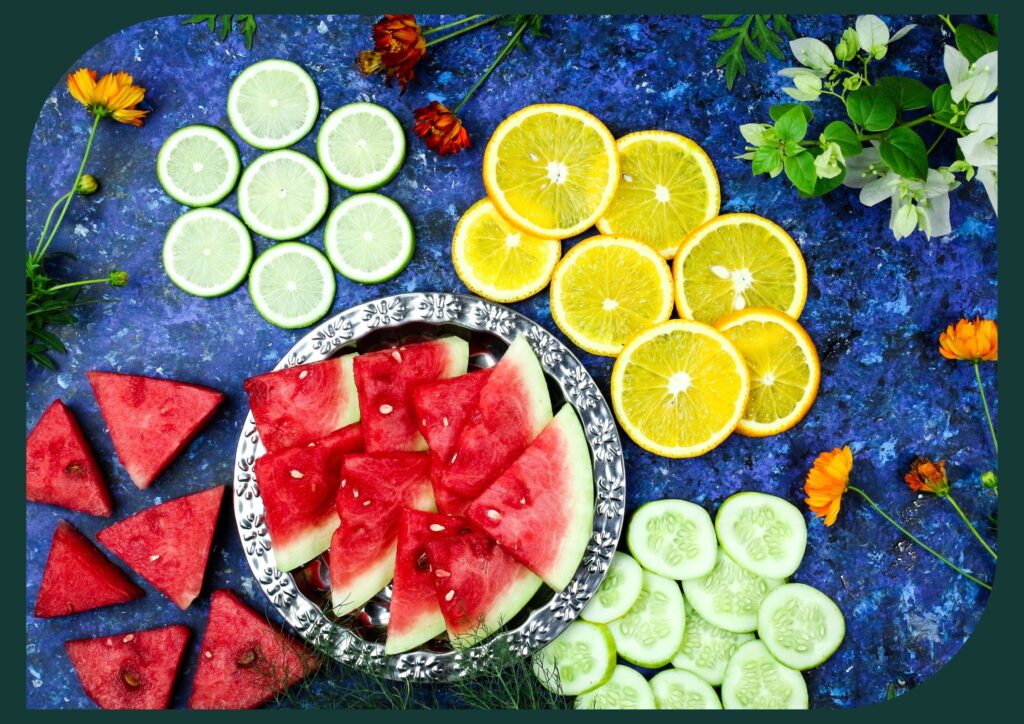
To promote hydration for healthy aging, incorporating water-rich fruits and vegetables into meals and snacks can easily increase water intake and support overall hydration. This approach not only keeps individuals refreshed but also enhances overall well-being by embracing the benefits of a balanced and hydrating diet.
Monitor Urine Color
Monitoring the color of urine can effectively help seniors assess their hydration levels. It provides valuable information about hydration status.
Clear or pale yellow urine generally indicates proper hydration, signalling that teh body has an adequate fluid balance. On the other hand, dark yellow or amber-coloured urine may be an indicator of dehydration, suggesting that the body requires more fluids.
Seniors should aim for light-coloured urine as a visible sign of proper hydration for healthy aging. By paying attention to urine colour, older adults can easily assess their hydration levels and make necessary adjustments to increase water intake if needed.
Regularly monitoring urine colour is an easy and accessible method for seniors to stay mindful of their hydration status and ensure they are maintaining adequate fluid levels for optimal health and well-being.
Consider Hydration Assistance Devices
Specialized hydration assistance devices can significantly help seniors who struggle with drinking from standard glasses or bottles. One such device is a water bottle with labels to remind you when to drink water.
Tools like straws or adaptive cups are designed to meet the unique needs of individuals with limited mobility or dexterity, making the process of drinking water more accessible and enjoyable.
Straws, for instance, can help seniors maintain an upright position while sipping water, reducing the risk of spills and allowing for more comfortable hydration for healthy aging. Adaptive cups are designed with features like handles, non-slip grips, or larger openings to facilitate easier holding and controlled drinking.
These specialized devices enhance independence and promote self-sufficiency in seniors, enabling them to maintain their hydration needs without relying on assistance from others.
By eliminating barriers to drinking, such tools contribute to overall well-being and help ensure seniors stay properly hydrated, supporting their cognitive function, physical health, and overall quality of life.

It is important for caregivers and seniors themselves to explore and consider the various hydration assistance devices available, selecting the ones that best suit individual needs and preferences.
These devices can make a positive impact on hydration levels, fostering independence and enhancing the overall drinking experience for seniors.
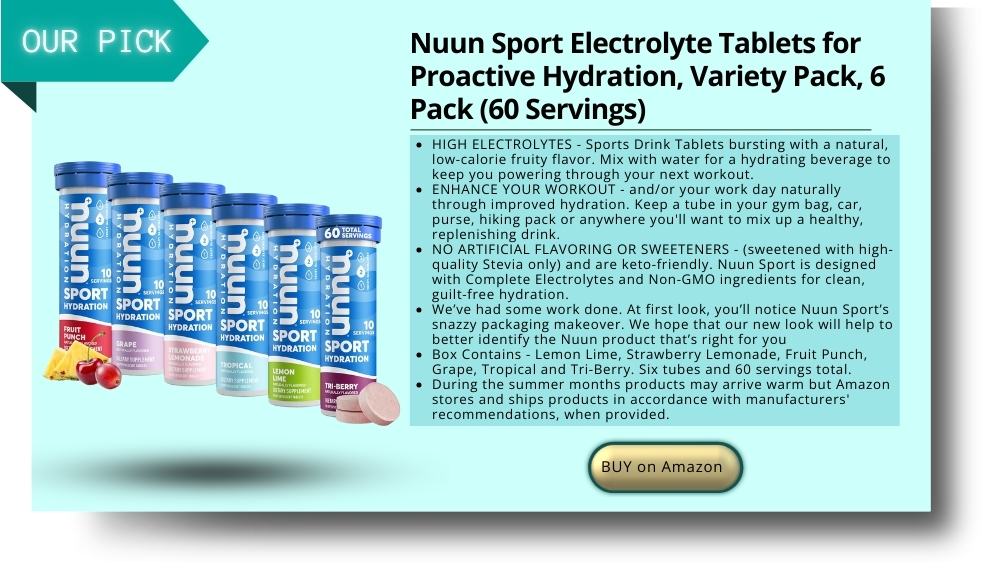
Hydration and Medication Management for Healthy Aging
Managing medications is important when talking about hydration for healthy aging. Many common prescriptions for seniors can impact hydration levels, making it crucial to manage water intake carefully.
Understanding the Interaction Between Medication and Hydration
Medications That Affect Water Balance: Many medications prescribed to seniors, like diuretics or blood pressure pills, can increase urine output or alter fluid retention. This can quickly lead to dehydration if not monitored closely. It’s important to any hydration for healthy aging considerations to be aware of these effects and adjust water intake accordingly.
Enhancing Medication Efficacy with Proper Hydration:Hydration for healthy aging can also influence how effectively medications work. Some drugs need a certain level of hydration to be absorbed properly by the body. Ensuring you are well-hydrated means your medication can do its job better, helping you maintain your health as you age.
Tips for Managing Hydration with Medication:
- Check with Healthcare Providers: Always consult with your doctor or pharmacist to understand how your medications might impact your hydration needs.
- Monitor Your Hydration Levels: Keep an eye on signs of dehydration, such as dark urine or increased thirst, especially when starting a new medication.
- Adjust Fluid Intake as Needed: Depending on your medication regime, you may need to drink more water to counteract the effects of your medications.
By understanding the relationship between hydration and medication management, seniors can better safeguard their health, ensuring medications work effectively while supporting overall hydration for healthy aging. This proactive approach contributes significantly to a more vibrant and fulfilling life in the golden years.
Wrapping It Up
Proper hydration is crucial for healthy aging, and seniors should focus on increasing their water intake to experience a wide range of benefits. Adequate hydration for healthy aging not only supports overall well-being but also has a significant impact on various aspects of senior health.
Proper hydration is essential for healthy aging, benefiting body temperature regulation, joint lubrication, digestion, and cardiovascular support. Seniors focusing on hydration may enjoy better digestion, less joint pain, increased energy, and improved heart and vascular health.
By recognizing the significance of hydration for healthy aging and actively striving to meet their daily water intake requirements, seniors can enhance their quality of life and promote healthy aging.
Prioritizing hydration for healthy aging is a simple yet powerful way to optimize cognitive function, support physical well-being, maintain cardiovascular health, and preserve kidney function. It is an essential component of a holistic approach to aging gracefully and living life to the fullest in the golden years.



